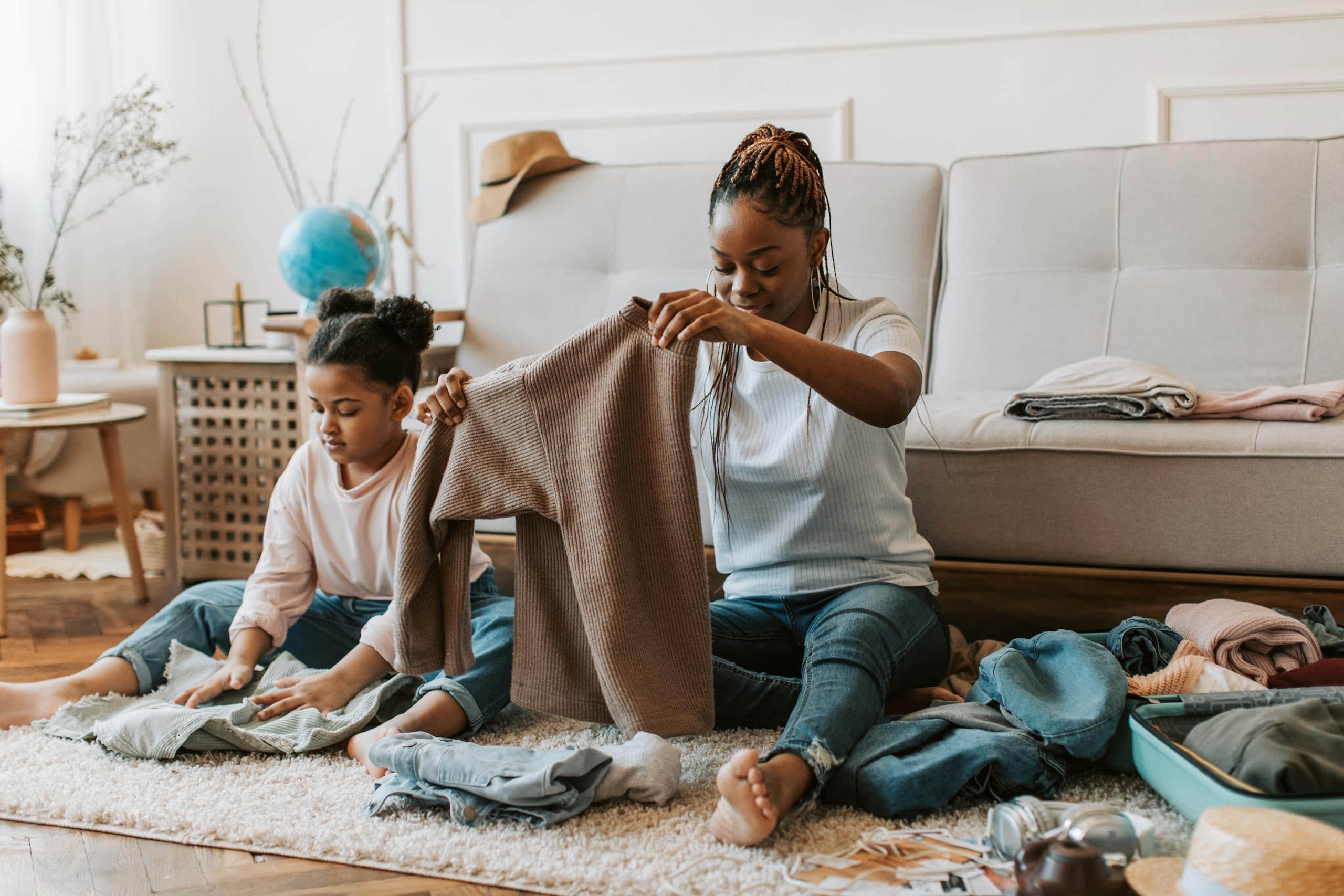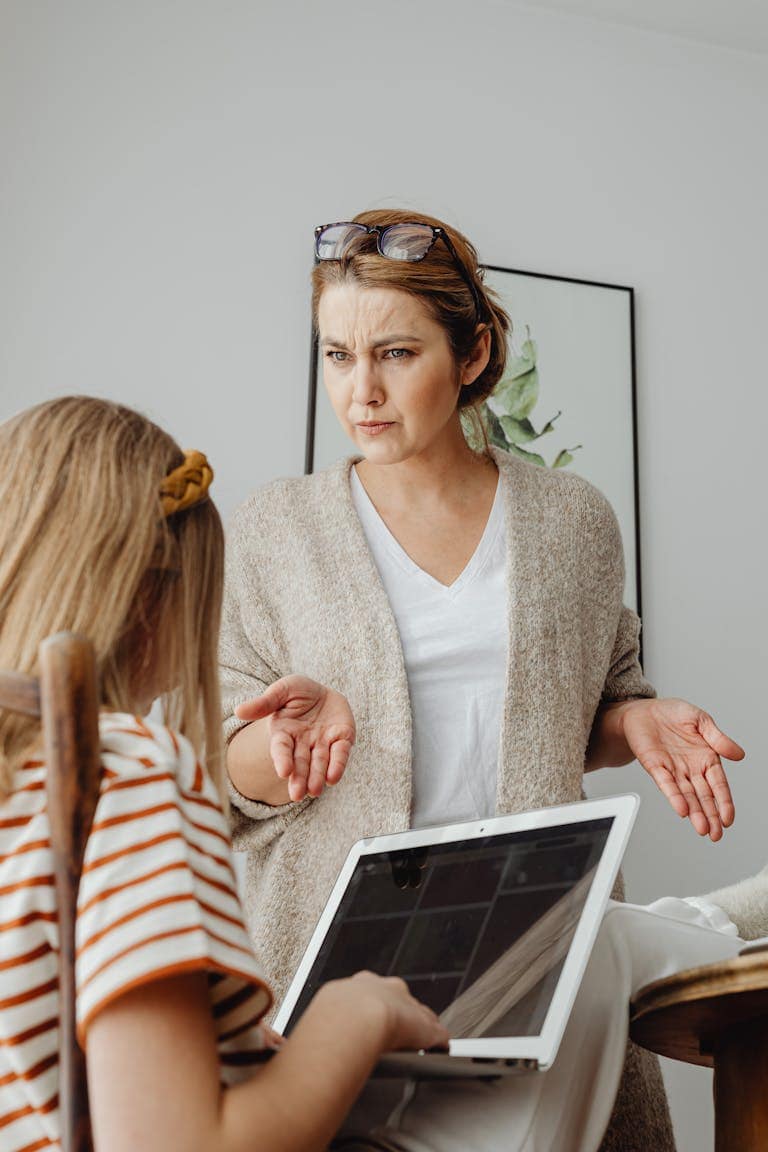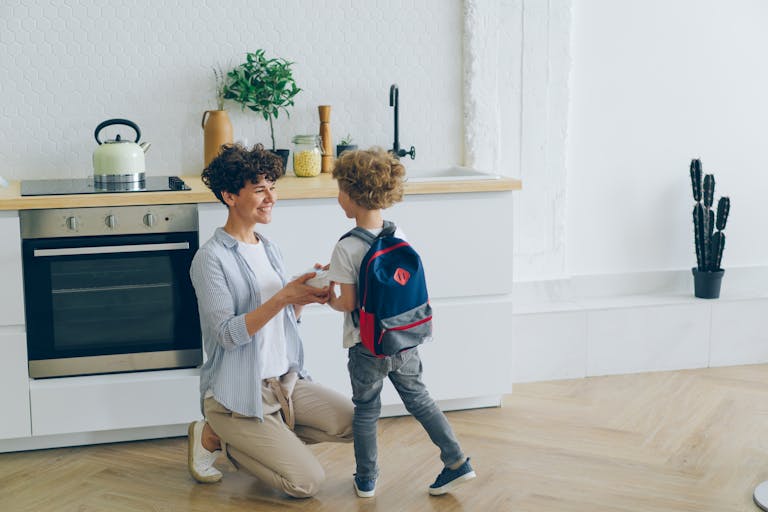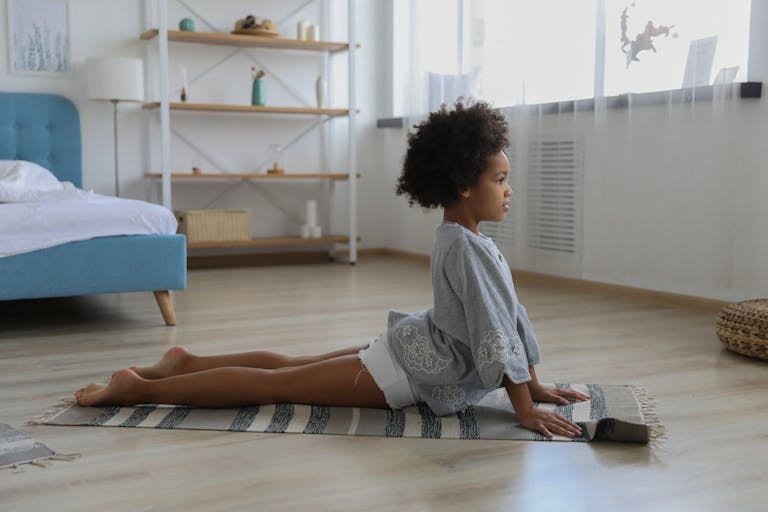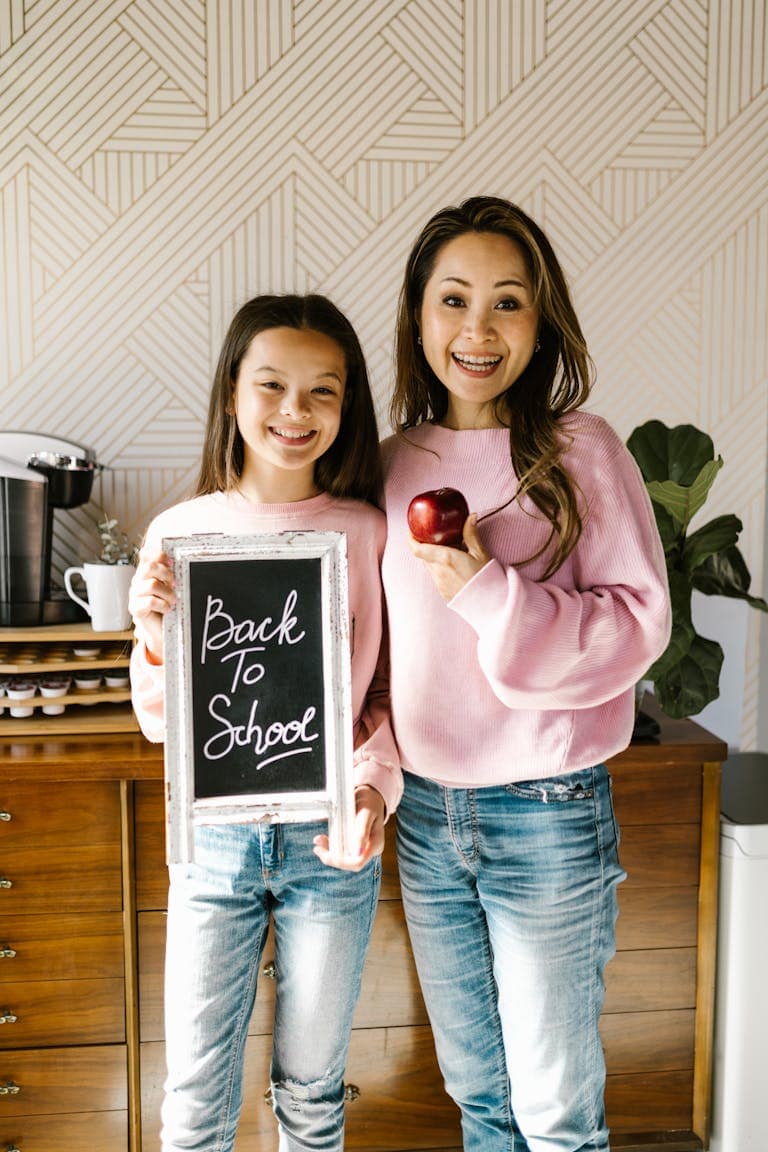Kids and Chores
It’s important for kids to begin contributing to household responsibilities by learning chores at a young age. While it can sometimes feel like more work to involve them, letting go of the need for things to be done perfectly allows children to experience the real benefits of helping. In addition to learning responsibility, they begin to feel needed, valued, and capable. This sense of contribution strengthens their connection to the family and plays a powerful role in developing a healthy self-concept.
When our boys were young, we often missed out on valuable opportunities to involve them in daily responsibilities. It wasn’t until later that we began to understand just how important those moments could be.
I vividly remember a camping trip when they were about six and seven years old. If you’ve ever been camping, you know how much work goes into packing up, sweeping out the tent, deflating air mattresses, rolling up sleeping bags, loading the car, and so on. My husband and I were busy doing all of it, while our boys were happily playing in the dirt nearby.
At one point, my dad asked why they weren’t helping. I answered honestly: it was just easier if we did it ourselves, it got done faster and “the right way.” But later, his question stuck with me. I started to realize how many learning moments our boys were missing because of our desire for efficiency and perfection.
Thankfully, our mindset began to shift over time. On future camping trips, we made a point to involve the boys. As they got older, they were eager to help, often asking, “What else can I do?” They had real responsibilities and took pride in being part of the process. Looking back, I’m so glad we made that change.
Getting Kids Involved Early
Kids can start contributing around the house at a very young age. In the early years, it’s all about doing things with them. Our 2-year-old granddaughter, for example, loves helping me with laundry, feeding the dog, and cleaning up when she comes over. At the store, she enjoys putting items in the cart and placing them on the counter at checkout.
It might look a little different at this age, helping may be more playful than productive, but the positive feelings children get from contributing are powerful and lasting. We have fun doing these tasks together, and that joy helps build a foundation where helping feels good. Our hope is that by making contributions enjoyable now, it’s something she, and all kids, will want to continue as they grow.
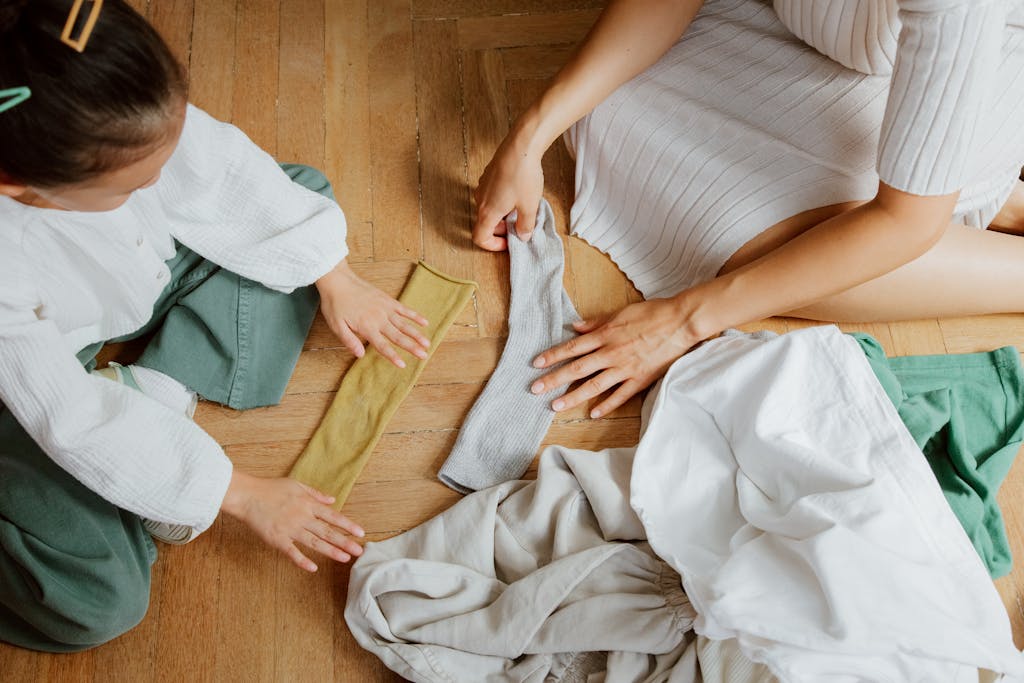
Finding the Right Place to Begin
- Look for opportunities—everything is an opportunity! Chores, errands, and everyday tasks can all become meaningful chances for your child to feel involved and valued.
- Make it fun. Contributions can be shared moments. When we do things together, whether it’s folding laundry, cooking dinner, or cleaning up, it becomes an opportunity for connection.
- Step back and watch them grow. As kids contribute, they begin to develop a sense of responsibility and confidence. Sometimes that means letting go of perfection and allowing them to do things their way.
This mindset applies both at home and beyond. The focus should be on effort, not perfection. If kids feel good about contributing, we don’t want to discourage that by pointing out everything they did “wrong.” Instead, we want to affirm that what they’re doing matters.
A simple, heartfelt comment like “I love how we work together as a family. I bet it feels good to do your part” reinforces their value and encourages them to keep helping. Over time, these small moments lead to big growth, and the long-term benefits for our kids are well worth it.
